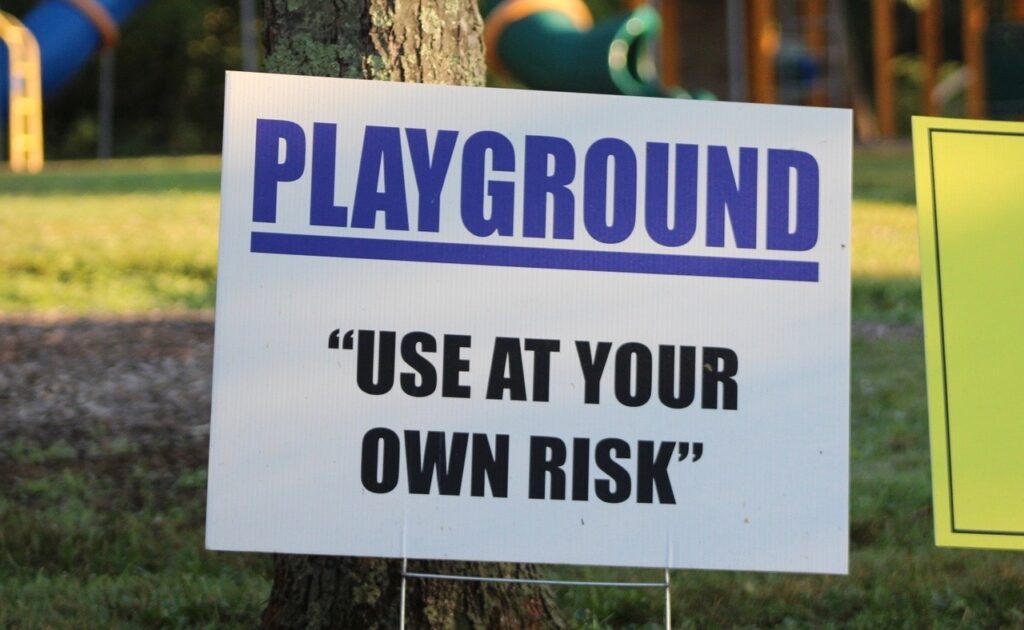
I wrote a post back in March on my reasons for quitting Facebook. Today I will give you some practical tips in case you ever feel like quitting, in the form of a Q & A. I won’t be boring and tell you why you should ditch that Zuckerberg guy. I just want to provide you, all in one place, with the information I had to dig around to get. Just in case.
“I want to quit, but I don’t want to lose all of my pictures and posts, and things (birthday greetings!) people have posted on my page over the years. Is there any way to quit AND keep these memories?”
Funny you should ask that – there is! You can download your entire Facebook presence – all of your photos, posts, etc. Here’s how to do it:
In the upper right hand corner of the Facebook screen is a “down arrow” icon. When you hover over it, it says “Account”. In the drop-down menu, click on “Settings and Privacy” then pick “Settings.”
On the left hand side of the page, under the heading of “Settings,” you will find “Your Facebook Information.” Click on this. Then find “Download Your Information” and click on that.
The page that comes up next is self explanatory. You can choose what you want to download: posts; photos and videos; comments you’ve posted on your own posts and on other people’s posts or in groups you belong to; all of your likes and reactions; a list of your Facebook friends; all of your Messenger messages; and on and on. You can download all of your information since you first joined Facebook, or select a date range. You can download in either HTML or JSON format.
“I love that Facebook helps me remember everyone’s birthdays – I’ll miss wishing my friends a happy birthday!”
When I decided to quit Facebook, I bought myself an old fashioned address book, the kind with generic calendar pages in the back. Then I did two things: I contacted friends on Facebook and asked them to exchange contact information with me, including snail mail address, and I went to the “Events” tab on the left side of the page when on the home page and clicked on “Birthdays.” This will show you the birthdays of every Facebook friend you have (the ones who share that information with Facebook, that is). I copied all of those down into my calendar. Of course I’m sure you can store all of this information on one of your electronic devices, but I loved the symbolic act of using a more “analog” method of storing my friend information.
If you think your friend is happy when you post a cute picture and “Happy Birthday” on their Facebook page, imagine how happy they will be when they get an actual birthday card from you in the mail!
“I keep in touch with all my friends and family through Facebook Messenger – I don’t want to lose that convenience!”
I felt the same way. Messenger just seemed like such an easy way for people to get in touch with me. It was for this reason that I deactivated my Facebook account and did not actually delete it for several months. If you just deactivate, Facebook still thinks of you as a user (Freudian slip?) and lets you continue to use the associated Messenger account.
What I found out after many months was that there were really only about 8 people who sought me out on Facebook Messenger, and I was related to 5 of them. I also found that of the many people I exchanged contact information with, only a small handful had contacted me outside of the Facebook world. That made it easier for me to move to deletion. Now my primary method of quick communication is texting (or email, especially with friends who live in a different country, since I don’t have international calling on my cell plan), and I really don’t miss Messenger.
If you do any research, you will find that you can technically have a Messenger account without belonging to Facebook at all. The problem is that you will have to build up your contact list from scratch, and in order to add someone as a contact they have to have their telephone number associated with their own Messenger account. Seems like a lot of trouble when it’s just as easy to email or text them.
“What’s the difference between deactivating and deleting?”
To the people you’ve left behind in Facebook Land, deactivating and deleting your account looks the same. Quite simply, your presence ceases to exist. They can’t search for you, all of your comments on posts disappear, etc. They can, however, still send you a Messenger message, as noted above, if you deactivate vs. delete.
If you have merely deactivated, all of these things will return, unscathed, upon your return. How do you return? Simply log in again.
If you have deleted your account, after 30 days there is no returning to your old account. It is literally deleted.
Where do I find the “deactivate” and “delete” options in Facebook?
Go to Account > Settings and Privacy > Settings > Your Facebook Information > Deactivation and Deletion
You will be given the choice to click on “Deactivate Account” or “Permanently Delete Account.” It’s pretty much self explanatory after that. They try to get you to stay by forcing you to choose a reason for leaving and then telling you that you really don’t have to leave, you can just stop getting notifications, etc. You really have to be quite firm with them. 🙂
“If I decide to delete, is it instantaneous?”
Deleting is not instantaneous. Facebook gives you 30 days to change your mind before completely deleting your account. Within those 30 days, if you change your mind, all you have to do is log back in and the process is stopped.
“I’m afraid I’ll regret deleting a few months down the line”
Just because you’ve deleted your account doesn’t mean they never let you back in. If you really miss Facebook and want back, you can always create a new account and start collecting friends again.
“I have a few non-friend accounts (like my favorite author) that I will really miss if I delete my Facebook”
I get it – I have a woman whose fashion page I loved. The good news is that Facebook business accounts (like, say, Beyonce’s non-personal account) can be viewed simply by googling that person’s name and Facebook. A pop-up will tell you you really should log in or join Facebook to see the rest of the account, but you can actually see everything you need to see: their posts, any comments on those posts, videos, etc.
“Gosh – thanks a lot for all of the helpful tips, Michelle. One last thing – I think my friends might feel hurt or rejected if I leave the Facebook party. Any tips there?“
Yes. Simply look them right in the eye and gently say, “It’s not you, it’s me.”
xoxo
